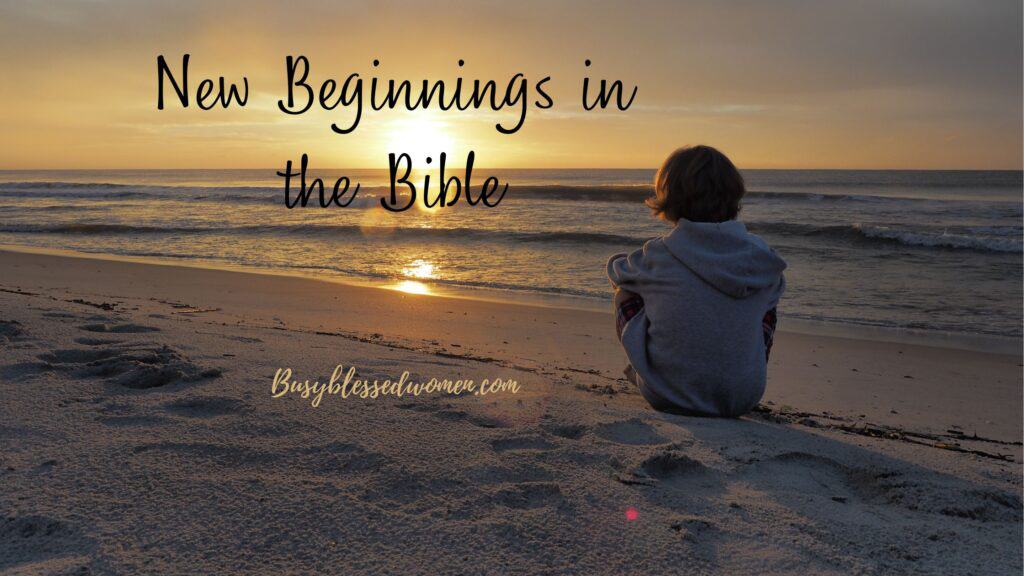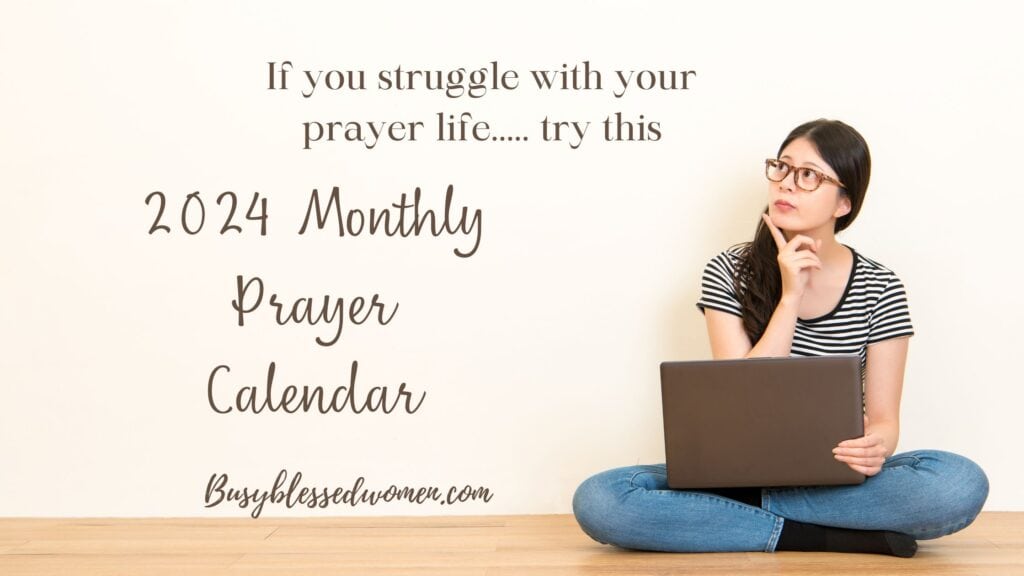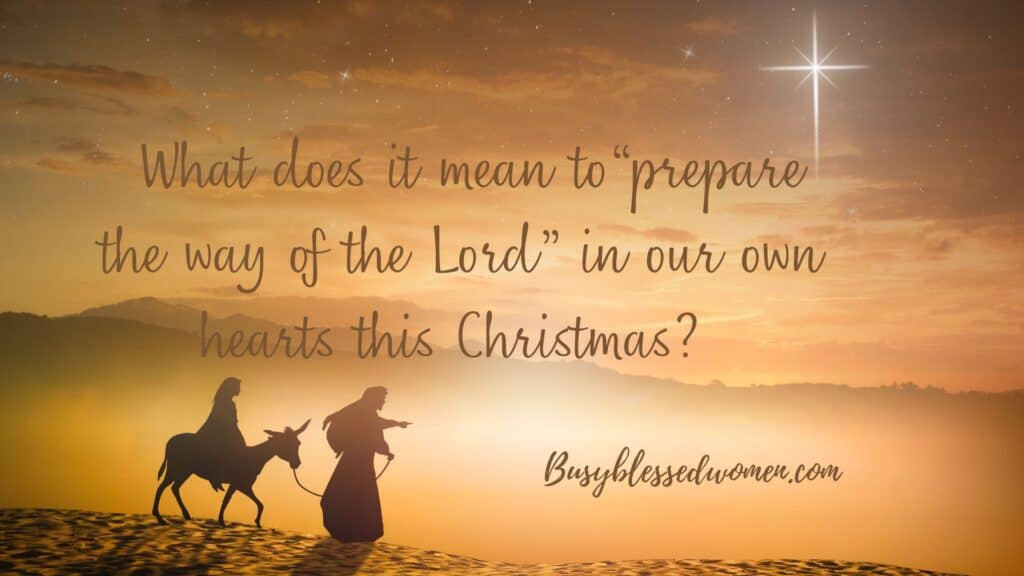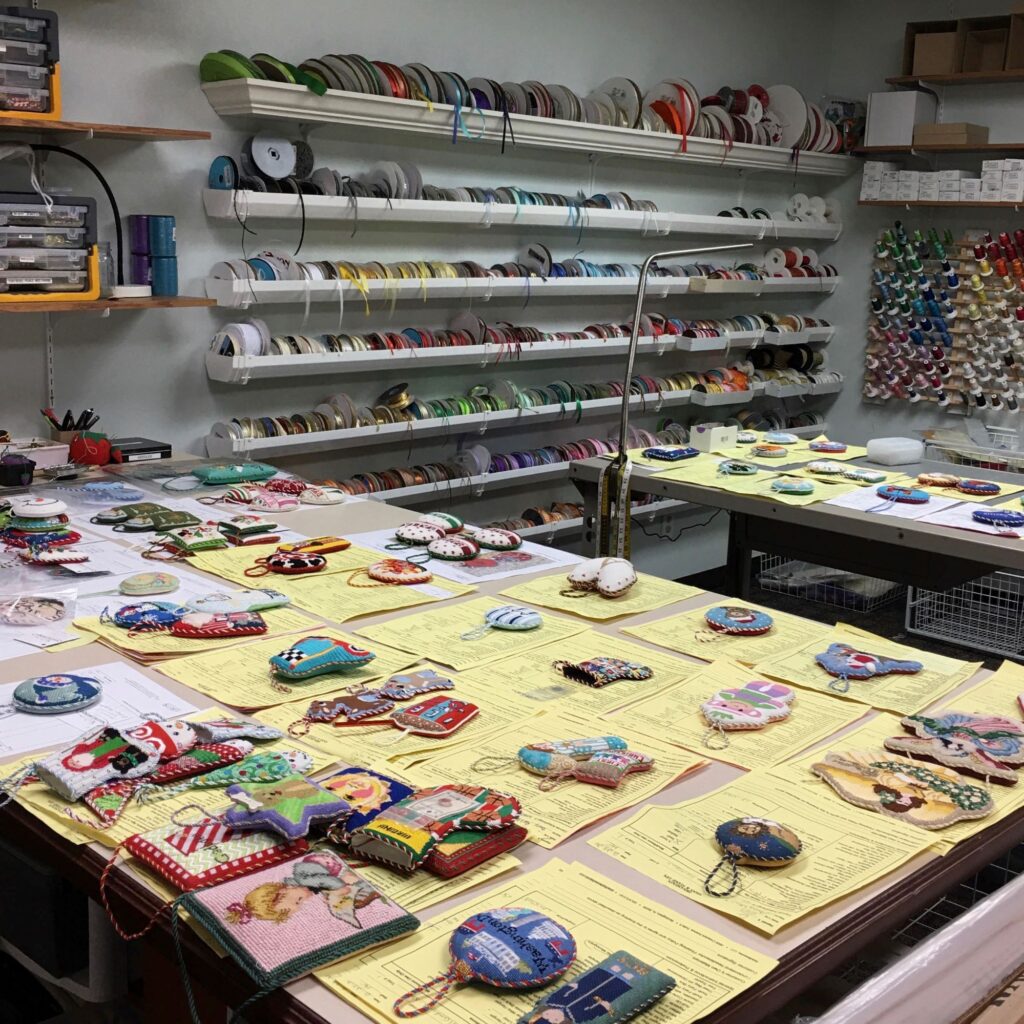Spiritual growth is the lifelong process of becoming more like Christ. One way we grow in our knowledge of the Bible is to study it. Are you a beginner who is just getting started or someone who is looking...
Spiritual growth is the lifelong process of becoming more like Christ. One way we grow in our knowledge of the Bible is to study it. Are you a beginner who is just getting started or someone who is looking for a fresh new way to study the Bible? I’d like to give you some tips, new ideas, tools, and Bible study resources. There’s not a one-size-fits-all method. So whether you’ve been studying the Bible forever or are just getting started, read on!

Reasons To Study the Bible
I’m betting that if you made the study of Scripture a goal, then you already know why it’s important.
But here it is in a nutshell:
In this one book, you will find the encouragement, grace, love, and purpose you crave in your life. You will discover God’s plan for your life and what’s right and wrong.
It will show you how to be courageous and will direct you through life’s challenges. You will read about people who messed up big time and how God still used them in mighty ways.
God wants to show you His heart and character and guide you on your faith journey.
So– What’s keeping you from studying the Word of God?
What Hinders You from Reading the Bible?
My excuse: I find that if I can’t– DON’T do it first thing in the morning, (an early appointment, I forget, some emergency comes up…) I tend to just go on with my day.
I treat it as if it’s a morning appointment that I can miss.
Three other common culprits:
•Our phone, tablet, or computer: Social media, sports scores, downloaded books, and music, etc. The distractions are endless!
•Our busy life. We all live in a world that can keep us busy if we let it. How can I make time for God when my schedule is so busy?
•It’s too hard- I don’t understand it- It’s confusing- I don’t know where to start.
Tips for Studying the Bible
•Commit to giving it a try. I heard a statement that said whatever we aspire to do, it’s 20% desire and 80% devotion.
Besides the desire, we need an eagerness, faithfulness, and enthusiasm for studying the Bible.
•Start by writing out a workable goal of how long to study and when.
•Put it on your calendar! Treat it as an appointment you cannot miss.
•Make it your #1 priority.
•Get curious! There are so many Bible characters, lessons, interesting places and customs to discover!
If something piques your interest or makes little sense, dig deeper. I’ve got plenty of ideas to help.
Where Do I Start Studying the Bible?
There are endless opportunities for getting into God’s Word. The best way, however, is whatever works for you! Your faith journey will probably encompass many ways to study the Bible.
If a group setting is something you wish to explore, one way is to start at your church (or at a friend’s church) that offers small groups to join in. They usually have a small group leader who can answer questions and guide you along the way.
I began Bible study in a group setting through Bible Study Fellowship, also known as “BSF.” (https://www.bsfinternational.org/)
Classes are all over the world; matched to your area. It’s known for its in-depth study of the Bible.
There is a daily home lesson, a weekly discussion group and lecture, and notes to go deeper. Classes start in the fall, but you can join anytime. There are groups for men, women, young adults, and children of all ages.
There are also day and evening classes and online options.
How to Study the Bible for Yourself
Maybe you prefer Bible studies you can do at home in a more personal way that fits your time and schedule.
*Whenever you start any Biblical study, always start with prayer. Just talk to God and ask the Holy Spirit to give you the understanding you need and to guide your study in the direction He wants to take you. Take a moment to listen for His response.
*Find a place in your home that is comfortable and without too many distractions. Gather your supplies- Bible, notebook or journal, and pen/pencil.
Study Bibles are helpful, as they have study notes on each page and include extra resources, such as charts and maps.
*If you are new to studying the Bible, a great way to start is with one of the 66 books of the Bible. You could always start at the beginning of the Old Testament and study Genesis!
Or, the Gospels tell the story of Jesus’ life and ministry and are a popular starting point. They wrote each Gospel for a different audience.
For example, Matthew wrote to the Jews intending to show Jesus as Messiah. John wrote to new and searching Christians. It is sometimes called, “God’s Love Letter to the World.”
Topical Studies
You can also pick a topic that interests you and do some research. Keep your own notes, write out what you learned, how you can apply it to your life, etc.
Topic examples: marriage, parenting, dealing with fear/anxiety, women (Mary, Ruth) or men (John the Baptist, Nicodemus) of faith, God’s will, Jesus’ return, trust, hope, prayer, angels, etc.
Bible Reading Plans
You can search for Bible Reading Plans in Google or Pinterest. I have written four plans that you can find in my Bible Reading Plans Library.
They include the daily verses for the month, a companion journaling page, and other resources depending on the plan. It’s very important to remember that context is important, so you want to read what comes before and after the verses you pick.
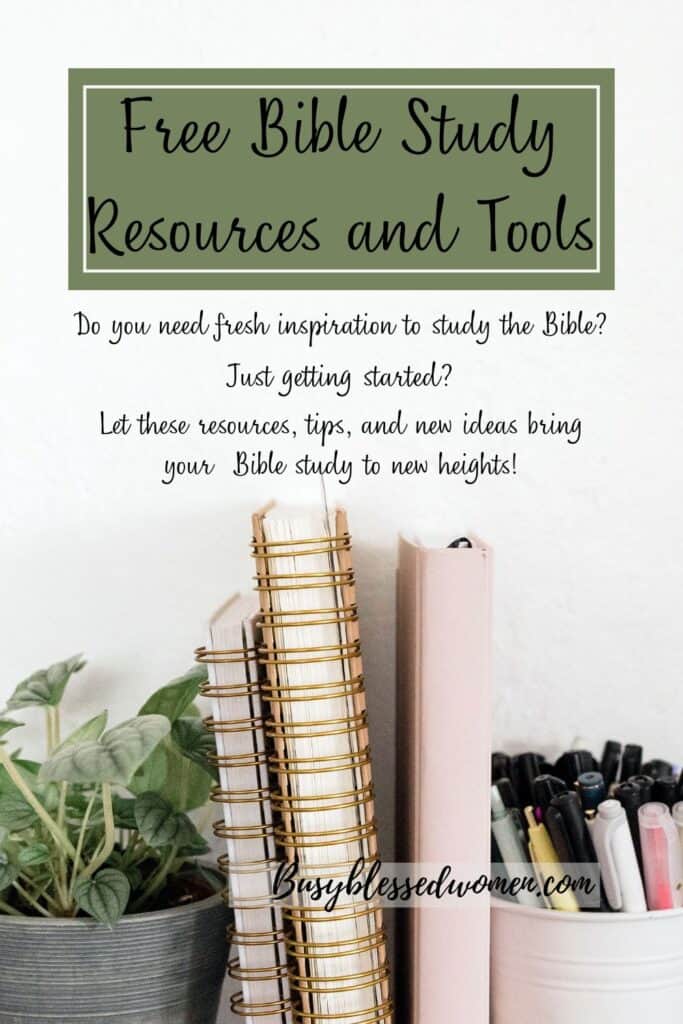 Pin me for later!
Pin me for later!
Best Bible Translations for Study
My very first Bible has no study notes in it at all. (It is also about a quarter of the size of a study Bible, so it’s more portable!)
Study notes are not necessary, but they can help you understand what you are reading.
When studying the Bible, it’s important to choose your translation carefully. It’s important that it is true to the original languages of Hebrew and Greek.
The New American Standard Bible (NASB) wins the award for being the most accurate English Bible translation. The King James Version (KJV) also ranks highly. (I prefer the New King James Version (NKJV) for ease of reading/understanding.)
If you want to know more about the most accurate Bible translations, you can read about them here: The 5 Most Accurate Bible translations.
New translations pop up from time to time and some are definitely not Biblical! They include the Passion Translation and the Message Bible. You can read the list here: Worst Translations of the Bible.
An excellent study Bible for beginners is a priceless tool, but it has to be the right one for you. They have introductions to each book of the entire Bible and include maps, charts, dictionaries, and more.
Years ago, a Sunday school teacher gave me a Life Application Study Bible and it is my “go-to” Bible today. I also have the NIV (New International Version) Study Bible, but I spilled so much coffee on it over the years that it’s in terrible shape. 
Biblical Resources
There are a number of resources that can enhance your study. The right Bible study tools can give you the Bible answers you need and make the Biblical text clear.
I constantly use my Zondervan’s Compact Bible Dictionary. It is a more complete version that those in a study Bible with more in-depth explanations.
Another valuable resource is a Bible Concordance. It’s an alphabetical list of words and phrases found in the Bible and gives you the verses where they appear. It is a great resource if you want to do a topical study. There is even a Bible concordance app!
You can find a Bible study guide for each book of the Bible as well. They are designed as companions to your study.
Similarly, Bible commentaries (an expanded version of the notes in a study Bible) can be invaluable for those times you get stuck and need a bit more explanation! I have hard cover commentaries and I really love the online Enduring Word Bible Commentary as well.
Reading the Bible Online
Speaking of online Bible reference tools, there are so many to choose from!
I usually have the following website tabs open when I am researching and studying a topic.
Bible Gateway: “Bible Gateway is a searchable online Bible in more than 200 versions and 70 languages that you can freely read, research, and reference anywhere.” https://www.biblegateway.com/
Bible Hub: Similar to the above, but I love that they have parallel versions of the verses on their search page. If I don’t quite understand the context, I can quickly scan other versions. They also have plans, devotionals, dictionaries, etc. https://biblehub.com/
Blue Letter Bible: This site has all the above, but also has a tab next to each verse that allows you to see the verse mapped out in its original Hebrew and Greek forms. This is where I go when I really want to dig into the original meaning of the text. https://www.blueletterbible.org/
These and many other online Bible sites also have free Bible Study apps as well. You can download them on your phone and have the Bible at your fingertips, no matter where you are.
Free Bible Study Lessons
While I am partial to my site  I want to let you know of two online Biblical studies.
I want to let you know of two online Biblical studies.
One is my colleague, Megan Allen from Megan Allen Ministries. She has a YouTube channel with a section called “Bible Study with Me” which has many Bible study lessons. She goes through the Scripture verse by verse and is an excellent teacher!
The other option is an amazing and free option to watch the Bible come to life- The Chosen TV series.
Honestly, I have to watch these episodes over and over to glean every nugget of wisdom, and they send me straight to my Bible to follow up on what I have seen. There are 3 seasons available at present, and do not require a subscription, fee, or even an email address!
The Chosen app offers the series in many languages and the ability to cast it to your TV. Or you can go to their website and click “watch.” https://watch.angelstudios.com/thechosen. Here’s a link to a study guide for Season One: The-Chosen-Small-Group-Guide.pdf
I hope I didn’t overwhelm you but gave you some tools to help you devote yourself anew to studying the Bible! Any of these resources can take you deeper into God’s Word to know Him better.
Blessings!
AnnMarie
All Scripture is taken from the NIV unless specified otherwise.
The post Free Bible Study Resources and Tools appeared first on .








